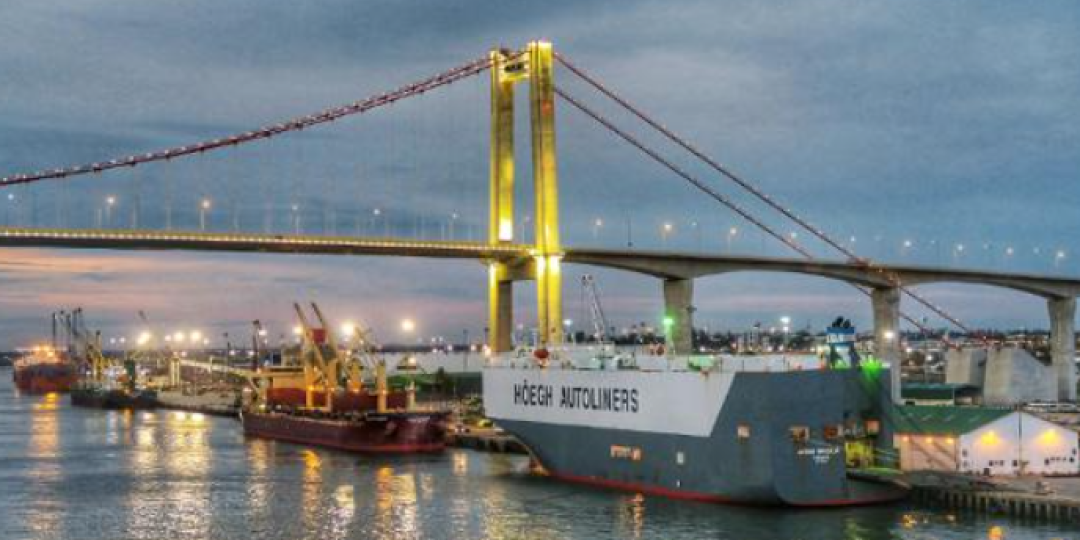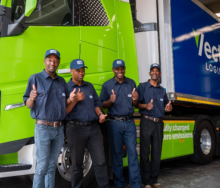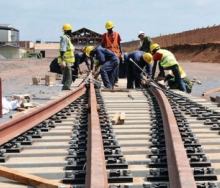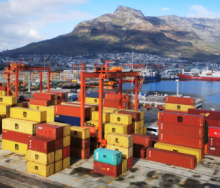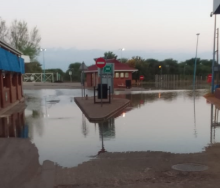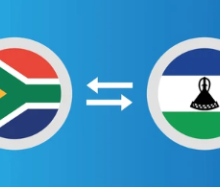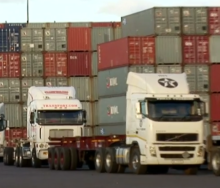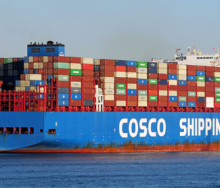In Eswatini, coal is moved by rail but government wants to expand employment opportunities by training truck drivers to haul coal on legs where no rail connection is available.
The plan is to employ more Swazis to transport coal by road from South Africa to Sidvokodvo, the rail head in Eswatini located at the Sidvokodvo Colliery. From there, the coal is deposited at the rail siding, loaded on to rail cars and moved by rail by Eswatini Railways Inland Container Depot, or so-called dry port, at the Matsapha Industrial Estate in the centre of the country. The coal is then moved northeast by rail across the Mozambique border to Maputo’s port for export. The coal from South Africa is being brought from various locations.
“Currently, 40 percent of the truck drivers moving coal to the Sidvokodvo coal operation are Swazis,” reported Eswatini Railway Chief (ESR) Executive Officer Nixon Dlamini on a tour of the facility with Eswatini’s Minister of Public Works and Transport. The rail company is working in partnership with the transportation firm Grinrod to train Swazi truckers.
When contacted at its Eswatini office in Matsapha, Grinrod confirmed to Freight News that a training programme for truck drivers was under way.
Dlamini also noted a spill-over effect that had been recorded with an increase in coal transport traffic by road. “Most of the truck operators (from South Africa) prefer to fill up their fuel in Eswatini, since the cost is lower than in neighbouring RSA.”
The initiative to move coal from South Africa to Sidvokodvo for rail transport began as a way to lessen traffic congestion at Eswatini’s Lubombo border with South Africa. Using the N4, South African truckers headed for Maputo’s port would cut through Lubombo.
“This resulted in costly delays to deliver the product to the port for loading and to reach markets in time,” said Dlamini.
Grinrod was brought in to partner in an initiative to deliver SA coal to Sidvokodvo and is working with ESR on a three-year renewable contract. Moving more coal by rail via the ESR-Grinrod partnership will also bring more traffic to the underutilised Goba line that connects Eswatini’s railway network with Mozambique’s rail line. Mozambique’s rail operator CFM has been roped in to the operation, and is providing locomotives and support crews to bring the coal cars from the Eswatini border to Maputo’s port.
